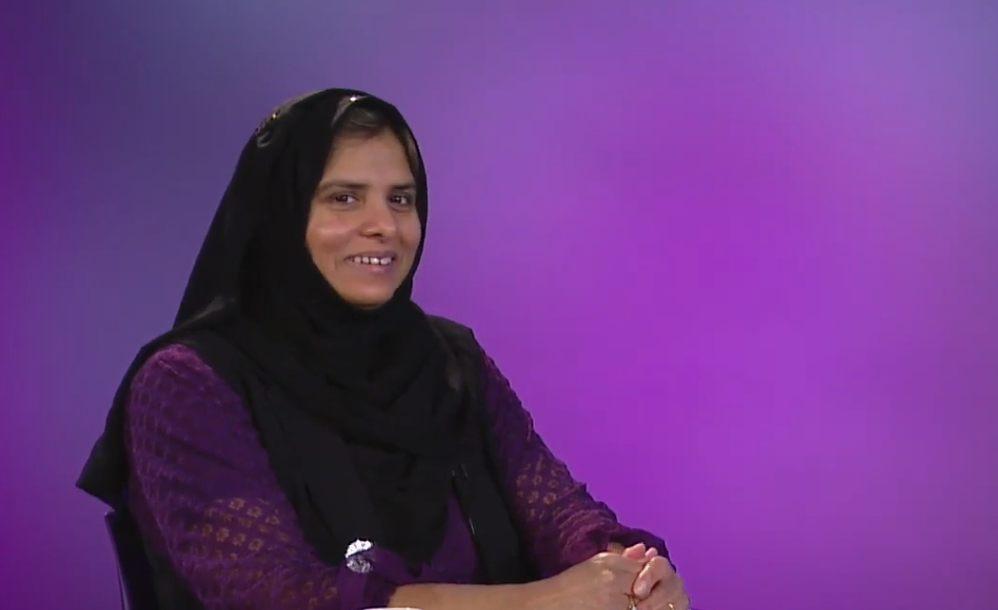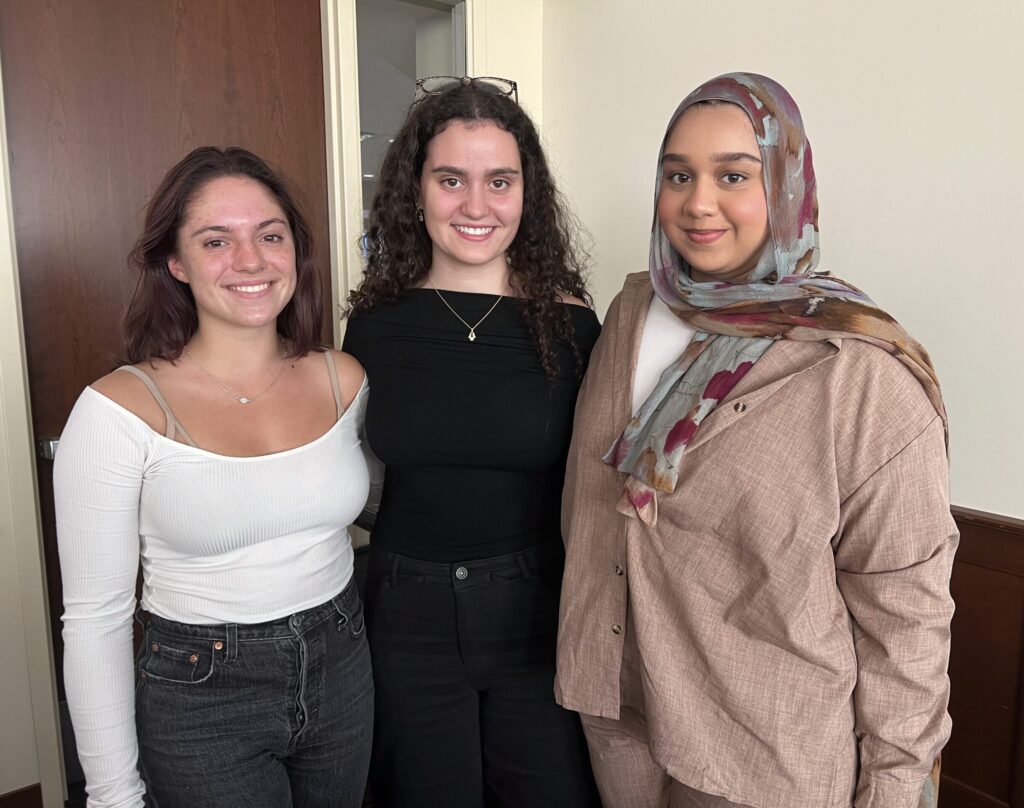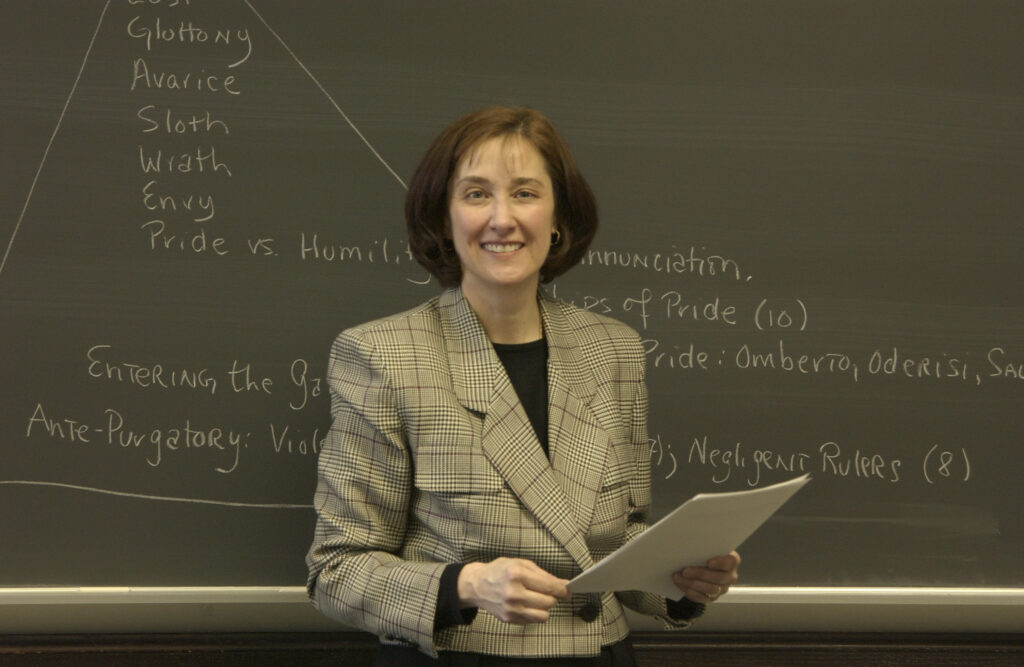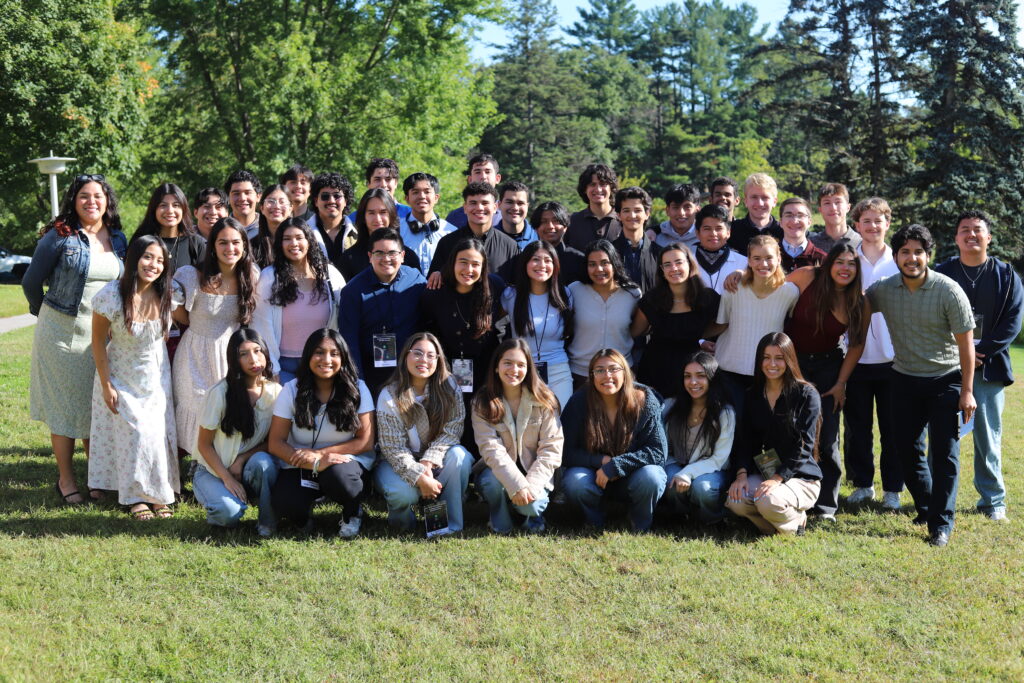During the month of Ramadan, which begins this year on the evening of April 2, Muslims begin 30 days of fasting from sunrise to sundown. However, fasting during Ramadan is much more than just not eating and not drinking for 14 to 15 hours each day, said University of St. Thomas Associate Chaplain Sadaf Shier, PhD.
Dr. Shier sat with Vice President for Mission Father Chris Collins '93, SJ, to explain the meaning and significance of this important religious holiday in the Islamic faith.
During this period, “My tongue should be fasting; I should not say evil, bitter things to anyone. I should not be part of any conversation which is destructive, which is problematic, which is not related to peace and betterment of humanity,” Shier said.
The fasting begins at 5:30 a.m. each day of the month and goes until sunset -- which is at 7:40 p.m. on the first night of Ramadan this year. It also includes abstaining from drugs, medications, intimate relations, and, of course, abstaining from food and water.
"By keeping the body away from all these material distractions, we teach our body, and our soul, to focus on God; focus on closeness of God.”
Shier said that the holiday is about learning self-discipline. The Islamic faith teaches that the penalty for breaking the fast before the sunset is to feed the hungry. One can either fast for 30 days or feed 30 people. Even the penalty of breaking a fast guides one toward the betterment of the human beings, she explained.
It is mandatory upon every Muslim that before the end of Ramadan, they give charity, donating a particular amount to needy people in the community. This particular kind of charity is in the form of money or gifts. Other kinds of charity include welcoming of strangers.
“My family has a tradition, shared with many Muslim families, that at the time of the breaking of the fast, iftar, we keep our doors open so anyone who has no family, who might be traveling, who has nothing to eat, or just needs a sense of community, can enter our house,” she said. “You don't need an invitation. You don't have to be Muslim. You could be anyone. Any Hindu, any Sikh, any Jewish person – people of any faith or people who claim no faith affiliation – anyone can come to our table at that time.”
In that spirit, St. Thomas welcomes all students, staff and faculty to any of 12 iftar gatherings that will take place across campus and feature halal meals during the breaking of the fast at sundown – approximately 7:45 p.m. Most of these iftar gatherings will be held in Schoenecker Hall in the Iversen Center for Faith. These iftars are offered as a way to support and be in solidarity with Muslim community members, which Dr. Shier said includes approximately 230 self-identifying Muslim students, in addition to Muslim staff and faculty.
“You don't have to be Muslim to join us,” said Shier. “Please come.” Please register to join in these iftar gatherings.







